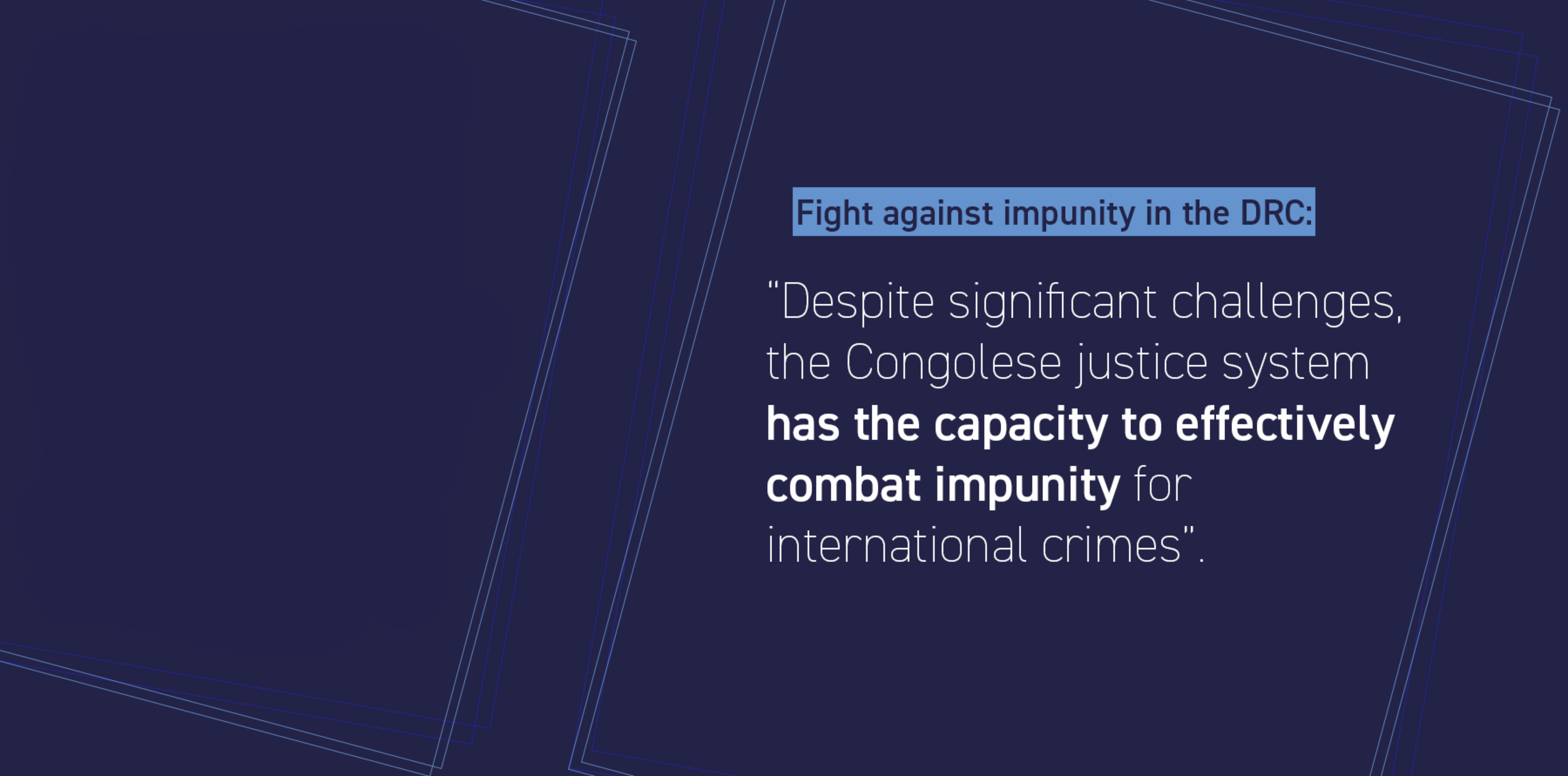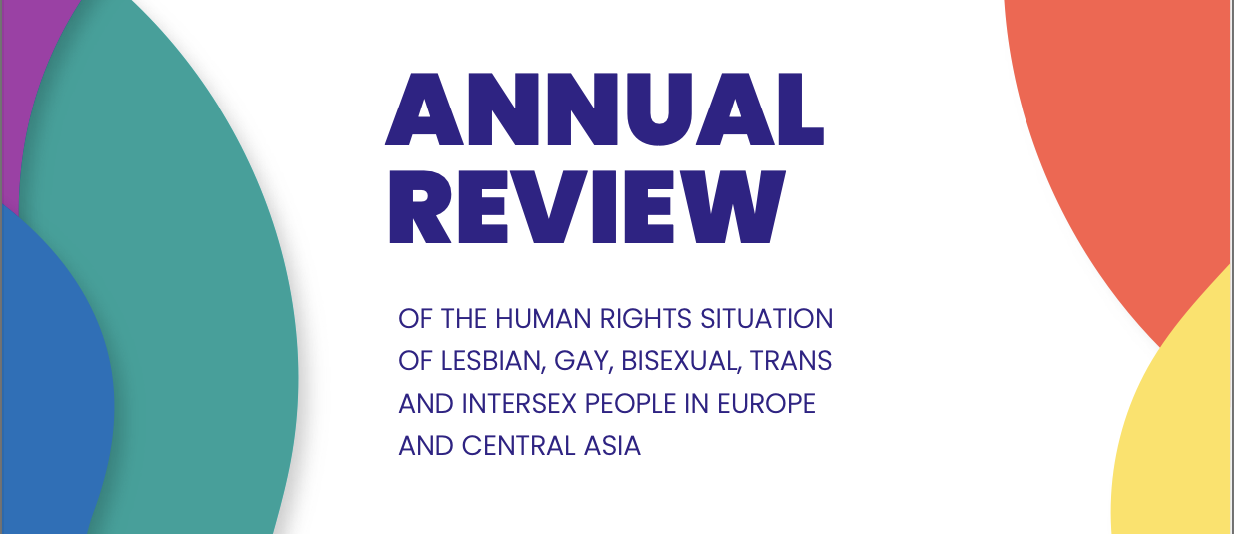Building Bridges Through Justice: Addressing the Consequences of Russian Aggression
27-05-2025

On 26 May 2025, UpRights contributed to the “Building Bridges Through Justice: Addressing the Consequences of Russian Aggression” conference held in Kyiv. Convened by the European Union Advisory Mission (EUAM) Ukraine, the event brought together national and international experts, public officials, and civil society to confront the need to develop an inclusive, sustainable vision for justice while Ukraine continues to endure the consequences of full-scale aggression.
Asa Solway, Co-Director of UpRights, joined the opening panel, which considered mapping the array of harms inflicted by the Russian invasion – from war crimes and forced displacement to deep societal divisions and the complexity of reintegrating liberated territories. In his remarks, Asa emphasized the importance of identifying harms in a manner that not only supports accountability efforts but take an inclusive approach to identify criminal and non-criminal harms that will need to be addressed in both short and long-term processes.
Reflecting on comparative experiences, including the delayed engagement of the International Criminal Tribunal for the former Yugoslavia with victims and civil society, Asa stressed the necessity of involving affected communities from the outset by underscoring that a transitional justice strategy offers a valuable framework for developing the extraordinary measures required to respond to the scale and scope of violations Ukraine faces.
Central to Asa’s intervention was the call for a comprehensive, context-sensitive strategy to justice – one that includes but also goes beyond prosecutions. He underscored that criminal trials alone cannot capture the full spectrum of harms experienced by victims, nor can they address the gaps that inevitably emerge when perpetrators evade apprehension. Instead, a multi-dimensional approach is needed: one that includes documentation for both legal accountability and memorialisation; one that draws on the expertise of Ukrainian civil society and government actors at all levels; and one that remains transparent about its limitations to maintain public trust.
As Asa concluded, developing a justice plan for Ukraine must be an iterative process, grounded in local realities, responsive to victims’ needs, and supported by international expertise where appropriate. A strategy that begins with a clear understanding of harms, consults broadly across society, and remains adaptable will be essential not only to secure justice, but to support healing and national unity in the years to come.
UpRights is grateful for the opportunity to have contributed to this important conversation and continues to support Ukraine through its contribution to the ‘Restoring Dignity and Justice in Ukraine’ programme, focusing on advancing accountability for international crimes committed in Ukraine. The full programme is funded by the Netherlands Ministry of Foreign Affairs and is implemented by the International Development Law Organisation (IDLO), in partnership with the T.M.C. Asser Institute, the Center for International Legal Cooperation (CILC), and the Netherlands Helsinki Committee (NHC).
Let’s meet.
UpRights is based in The Hague, Netherlands
Info@uprights.org
Phone: +31 707013213




